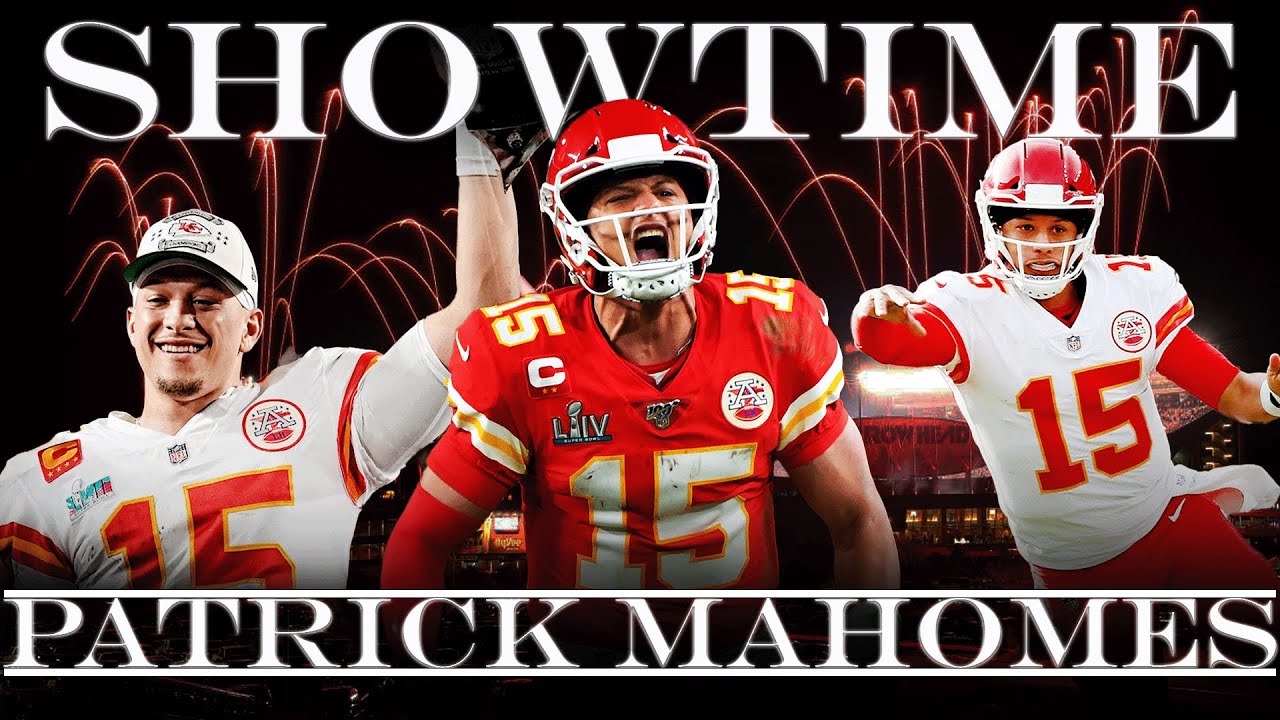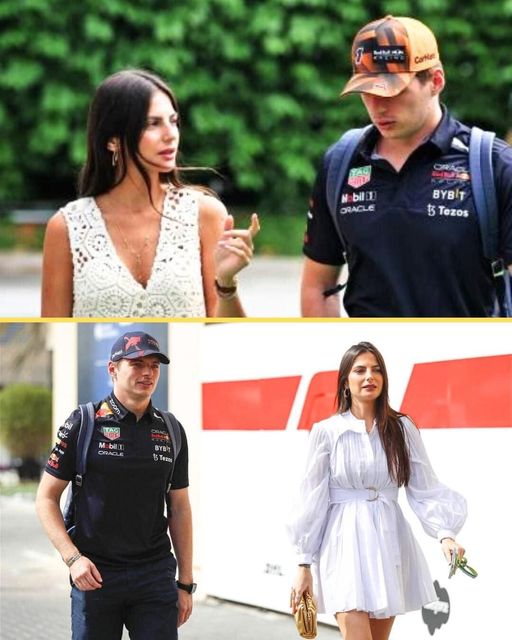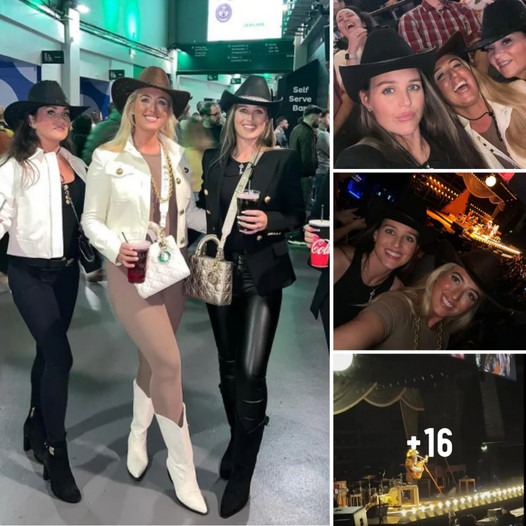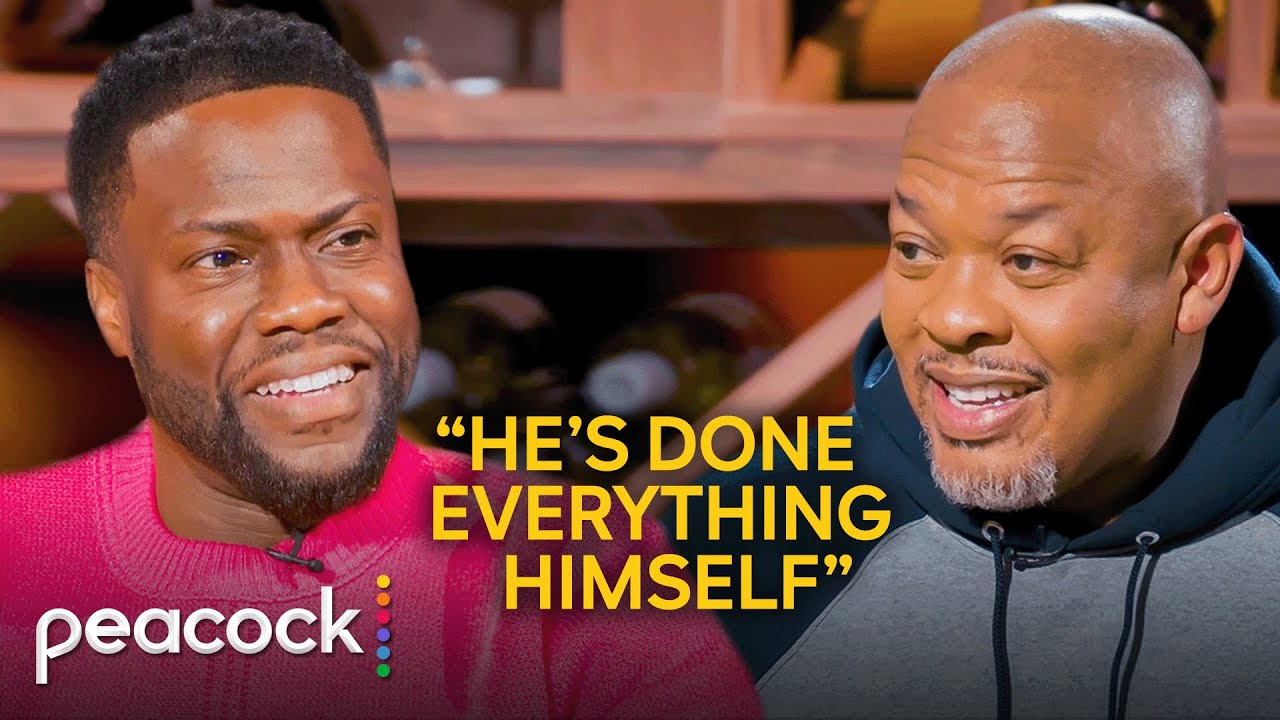The legal dispute between MrBeast and Virtual Dining Concepts over a ghost kitchen deal reveals the complexities of interpreting social media interactions in legal contracts. This case could set a new precedent in the digital era.

Imagine a world where tweets can ignite legal battles capable of shaking the very foundations of business partnerships. This is not a hypothetical scenario but the real-life drama unfolding between YouTube superstar MrBeast and his restaurant business partner, Virtual Dining Concepts. At the heart of this conflict is a dispute over a ghost kitchen deal gone sour, a disagreement so significant that it found its way into the chambers of a New York courtroom. On February 17, 2024, a judge delivered a ruling that could set a precedent in how social media interactions are interpreted in legal contracts.
A Partnership Turned Legal Battleground
The collaboration between MrBeast, known offscreen as Jimmy Donaldson, and Virtual Dining Concepts began with the promise of revolutionizing the fast-food industry through the ghost kitchen model. However, the harmony was short-lived. The root of the dispute lies in a series of tweets by MrBeast, which Virtual Dining Concepts claims breached their contractual agreement. These tweets, meant to shed light on the challenges faced by the partnership, were instead seen as a violation of the terms set by both parties. In a decisive move, Virtual Dining Concepts filed contract breach counterclaims against MrBeast, escalating the disagreement to a legal standoff.

The Court’s Verdict
As the legal proceedings unfolded, MrBeast sought refuge in New York’s anti-SLAPP law, arguing that his tweets were protected under the statute designed to prevent litigation that could intimidate or silence individuals on matters of public concern. However, the judge’s decision was clear and unequivocal: the tweets in question did not fall within the protective scope of the anti-SLAPP law. This ruling not only denied MrBeast’s request to dismiss the counterclaims but also highlighted the complexities of interpreting online expressions within the bounds of contractual obligations.
Implications Beyond the Courtroom
The legal skirmish between MrBeast and Virtual Dining Concepts is more than a dispute over a failed business deal; it is a landmark case that delves into the intersection of social media and contractual law. The judge’s rejection of MrBeast’s defense puts a spotlight on the evolving nature of communication in the digital age and its implications for business agreements. As the dust settles in the courtroom, the broader implications of this case loom large for entrepreneurs and digital influencers alike, underscoring the importance of understanding the legal weight of their online words.
In a world where tweets can turn into legal landmines, the case between MrBeast and Virtual Dining Concepts serves as a cautionary tale. It underlines the critical need for clarity in business partnerships and the careful navigation of social media’s potent influence. As the legal proceedings continue to unfold, the outcomes of this dispute may very well shape the future of contractual agreements in the digital era, reminding us all of the tangible consequences that can arise from the virtual realm.











